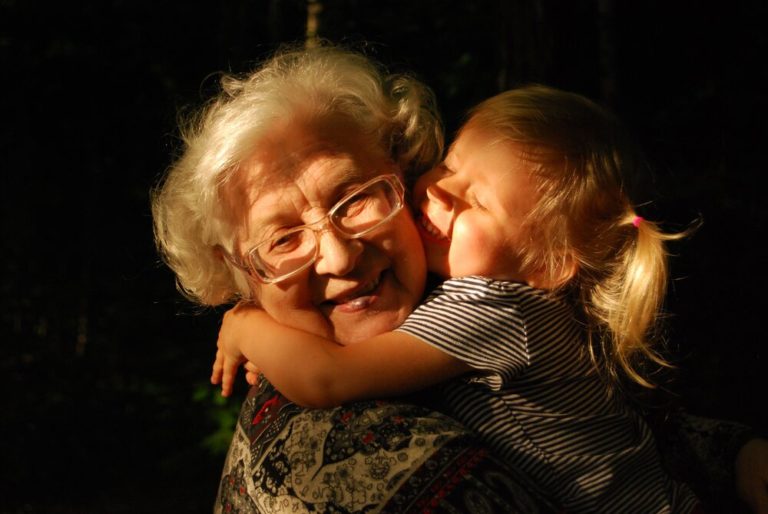Resurrect Your Emotions! PTSD Recovery
Recently a dear friend admitted she suffers from Post Traumatic Stress Disorder (PTSD) that occurred when she was a missionary in a war torn country. Thinking this only happened to those with military or terrorist experiences in their background, I was surprised to learn that this can actually be anyone’s experience and thankful that new discoveries are making great headway toward treatment and recovery. Here are some of the things Reen, my husband, learned through research and a recent interview with Dr.Bethany Wangelin of Charleston for an article he wrote on the subject.
PTSD is defined as “a psychiatric disorder that can occur in people who have experienced or witnessed a traumatic event such as a natural disaster, a serious accident, a terrorist act, war/combat, rape or other violent personal assaults,” according to the American Psychiatric Association. During World War I it was known as “shellshock” and “combat fatigue” after World War II. But it is now known that PTSD can affect anyone and has existed for generations.
Here are the most recent statistics:
- Up to 70% of adult Americans experience at least one traumatic event in their lives, and up to 20% of these develop PTSD.
- More than 13 million Americans have PTSD at any given time.
- 1 in 13 people in America will develop PTSD during their lives.
- 1 in 10 women will develop PTSD and are twice as likely to develop PTSD as men.
So if you struggle with this disorder, how can you follow Paul’s example of “Forgetting what is behind and straining to what is ahead…” ( Phil. 3:13) when your emotions are in turmoil. The diagnosis process centers around identifying symptoms.
Bethany Wangelin, PhD, Clinical Psychologist and Director of the PTSD Clinical Team at the Ralph Johnson VA Medical Center in Charleston, SC identified the four main symptoms:
- Re-experiencing–vivid images pop into mind of past events
- Hyper-Arousal–startled responses, sleep difficulty, hyper vigilance, irritability
- Avoidance—avoiding trauma reminders (e.g. putting away reminders like military awards); suppressing memories or emotions (e.g. using drugs and alcohol to avoid feelings)
- Negative Mood and Cognition—loss of interest in activities, emotional detachment, survivor guilt.
Wangelin, who leads a team of 2 psychiatrists, 4-5 psychologists, and 3 clinical social workers explains that if flashbacks and nightmares persist after a year, this is a red flag that there is ‘unfinished business’ from traumatic experience and you need intervention therapy.
She states very positively, “While these are real problems, with the right treatment it can go away. Within 3-4 months of attending weekly meetings and completing practice assignments between sessions, 80% of patients will get a significant decrease in the symptoms….and this is amazing.”
Proactively dealing with PTSD involves work. Avoidance is a futile attempt to bury painful memories (actually causing them to linger), and effective treatment involves actively engaging these memories.
Treatment can include individual therapy and group therapy, as well as homework. One-on-one counseling helps develop a tailored treatment plan. The more honest someone is with his/her therapist, the more effective the treatment. Medication may be prescribed to alleviate chemical imbalances and sleep disorders. Group therapy sessions can bring fresh interpretation of the troubling memories.
Wangelin explains that some of the hardest work must be done by the individual. Bottled up memories must be brought to light. Until a person allows these hidden emotional landmines to surface, his/her symptoms will not go away . Sometimes with deep reflection, peace with certain memories can be accomplished.
Wangelin continues, “Other times the person can bring what insights he/she has to the therapist to work on together. This partnership with the individual’s therapist is invaluable in recovery. This is what Evidence-Based Psychotherapy (EBP) incorporates. EBP is most successful in helping recovery because the therapist helps the patient identify problems and issues to address and devises specific treatment objectives. Patients are actively involved in bringing new approaches to their lives, which is why long-term relief is one of the positive outcomes.”
So if you need resurrection and healing for your emotions because you continue to suffer from PTSD, don’t give up or feel you are destined to a lifetime struggle. Consult a therapist today. God wants to heal you and He can use not only His Spirit and power but the knowledge and wisdom He has granted professionals to secure your freedom!







